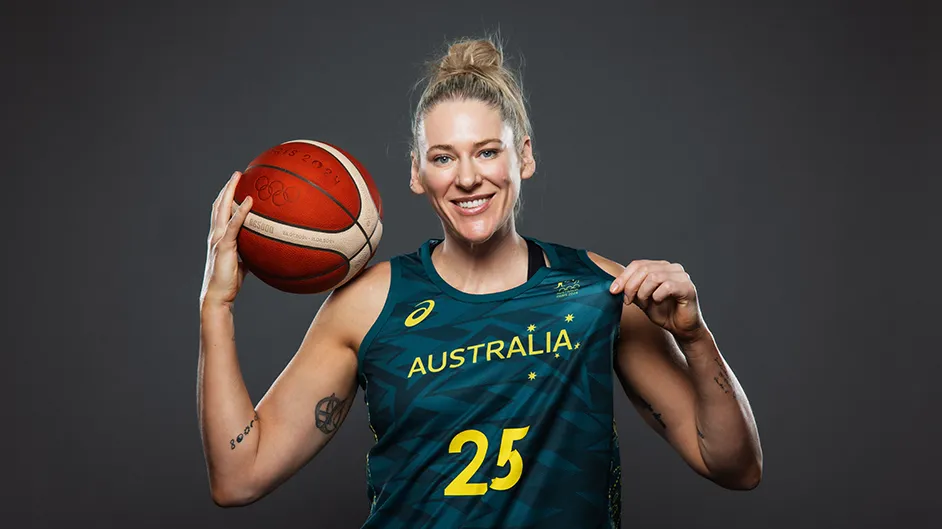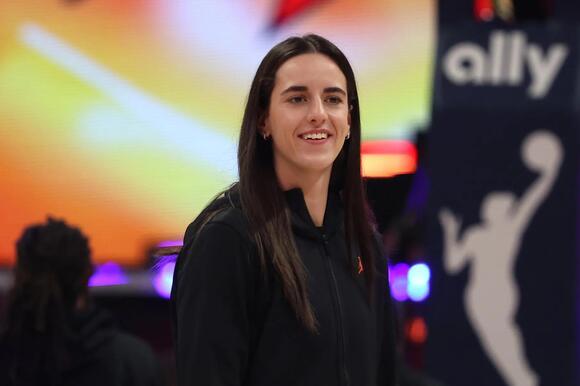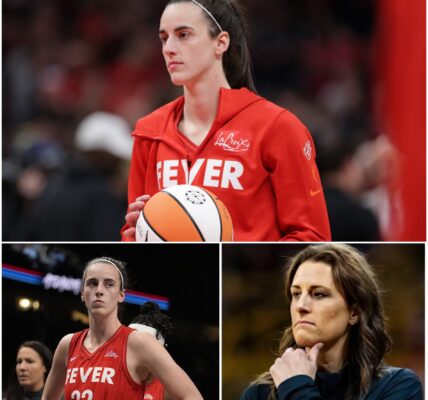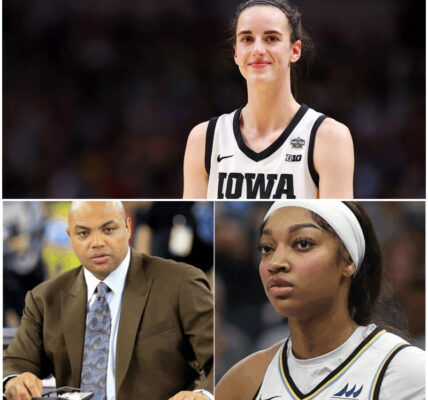Lauren Jackson Reveals Why She Might Not Have Been Able to Play With Caitlin Clark
In a world where basketball fans and analysts love to imagine legendary player pairings, Lauren Jackson—one of the greatest players in WNBA history—recently threw a wrench into the debate. While Caitlin Clark has quickly made her mark as one of the league’s top playmakers, Jackson—who has won three MVPs, two WNBA championships, and countless accolades—has raised an intriguing point about a potential clash of styles had the two ever shared the court.
Known for her dominant presence on the court, Jackson opened up during her appearance on the “A Touch More” podcast, admitting that while she enjoys watching Clark’s rise, she isn’t sure their playing styles would have meshed if they were teammates.

A Clash of Playing Styles
Jackson, who averaged 14.3 field goal attempts per game during her 12-year WNBA career, reflected on Clark’s aggressive offensive mindset, which has seen her average 14.6 shots per game in her first two seasons with the Indiana Fever. The dynamic nature of Clark’s game—especially her fearless approach to taking deep three-pointers—might have led to tensions, Jackson argued.
“I will say that I love watching her. I’m not sure I would have loved playing with her,” Jackson said. “I’d be like, ‘Pass me the ball. I’m open. Give me the ball.’ But I feel like she’d take a three instead of passing it to me. And I’d be like, ‘No, mate. That’s not going to work.’”
Given that both players have a tendency to be dominant on offense, it’s easy to see where Jackson’s concerns come from. It’s not just about Clark’s sharpshooting; it’s also about the potential clash in how they both like to control the game.
The Numbers Behind the Opinion
Jackson’s hesitation is grounded in numbers. During her career, Jackson was a go-to scorer for her team, while Clark is equally prolific with her scoring and playmaking ability. Clark’s offensive output is impressive, but Jackson’s observations point to a possible struggle between two players who are both accustomed to having the ball in their hands.
In comparison to Clark’s 14.6 shots per game, Jackson averaged 14.3 during her career. Both players were known for their scoring prowess, but it’s the nuances of how they’d share the ball on the court that Jackson finds difficult to imagine. This isn’t a personal dig at Clark—it’s an honest admission about the challenges of balancing high-level offensive play with team-oriented execution.
Sue Bird vs. Caitlin Clark: The Point Guard Dilemma
When asked about her preferred point guard, Jackson quickly praised Sue Bird, another of the WNBA’s all-time greats. Jackson pointed out that Bird’s leadership, experience, and court vision made her the ideal player to partner with, whereas Clark and Bird’s styles were fundamentally different.
“I’ve always said that Sue is the one. You are the best point guard I’ve ever played with. But you are completely different players to her,” Jackson said. “And also too, she’s got a lot of development and growth to come. But I feel like you are the consummate professional.”
While Clark’s ability to create opportunities and lead with her vision is undeniable—evidenced by her league-leading assist numbers and a career-high 8.8 assists per game—Jackson’s loyalty to Bird highlights the value she places on experience and leadership. Clark, on the other hand, still has room to develop her game and become the all-around playmaker Jackson is describing in Bird.

Caitlin Clark’s Unmatched Potential
While Jackson’s hesitations about pairing with Clark are understandable, it’s important to recognize Clark’s remarkable development in such a short period. As a rookie, she led the WNBA in assists, showing she’s not just a scorer, but also a facilitator. Even in her second season, Clark has consistently impressed with her ability to make others better on the court, even if she sometimes takes the shot herself.
Caitlin Clark’s playmaking ability is one of the most talked-about aspects of her game, and she’s developed a basketball IQ that allows her to predict plays before they happen. “I can see things happen before they do,” Clark said, giving insight into her uncanny ability to read the floor. This vision is one of the reasons she’s an elite talent.
Yet, Clark and Jackson are two completely different players, which might have been a challenge had they played together. Jackson’s game was built on being a dominant force in the paint and on offense, while Clark’s strengths lie in her ability to stretch the floor and generate assists for her teammates. Both are exceptional players, but they operate in fundamentally different ways.
What Does This Mean for Caitlin Clark?
As Jackson points out, Clark still has a lot of room for growth. She’s only in her second season, but her development as a playmaker and scorer is evident. If she continues to improve her decision-making and court vision, the very qualities Jackson admires in Sue Bird, Clark could very well become the player Jackson once hoped to play with—one who blends scoring with leadership seamlessly.
Final Thoughts
While Lauren Jackson may have some reservations about playing with Caitlin Clark, there’s no denying the immense potential Clark has to offer. Her growth as a player has been rapid, and her ability to lead her team both offensively and defensively continues to prove why she is one of the brightest stars in the WNBA. Whether or not Jackson’s assessment proves true, it’s clear that Caitlin Clark’s journey is far from over, and her legacy in women’s basketball is just beginning.





